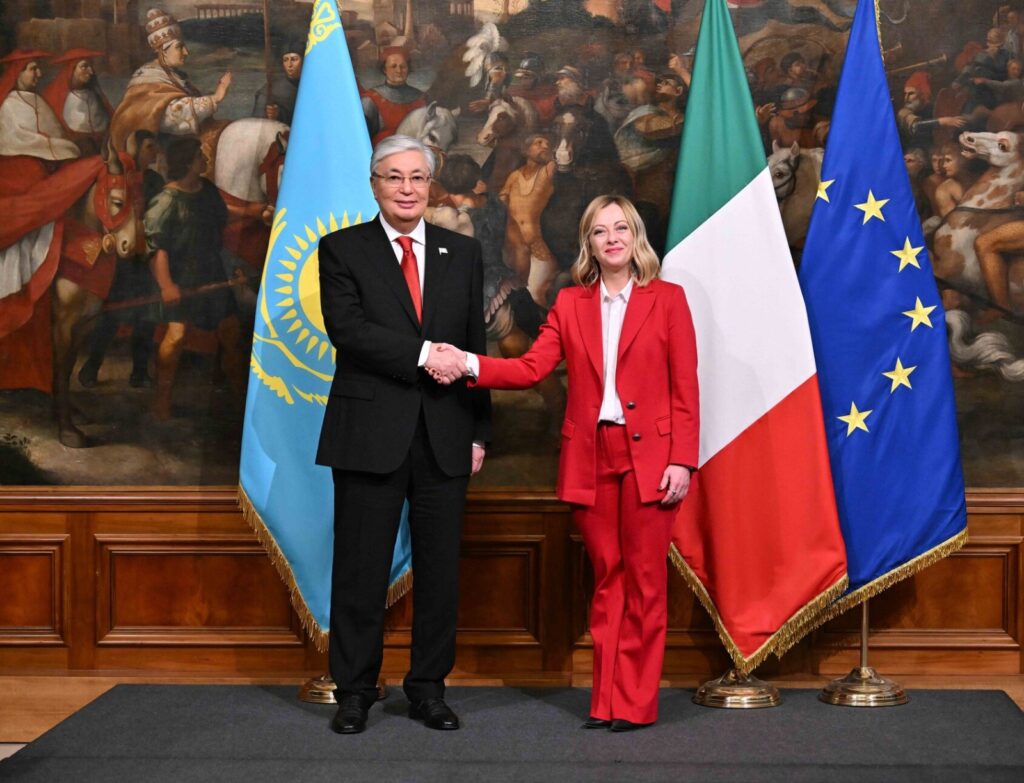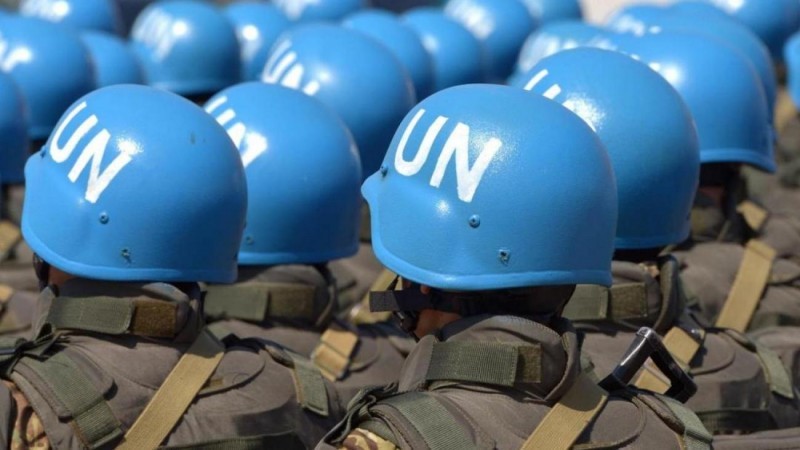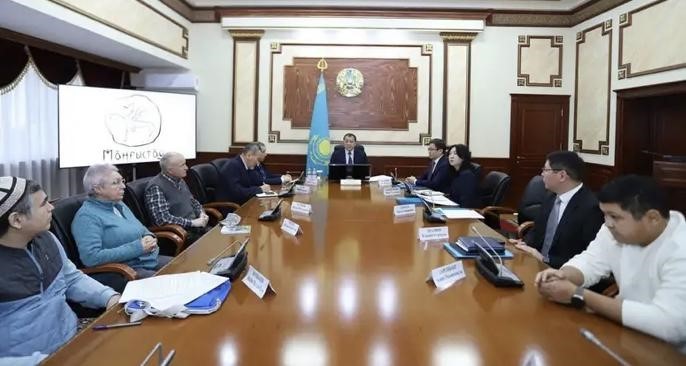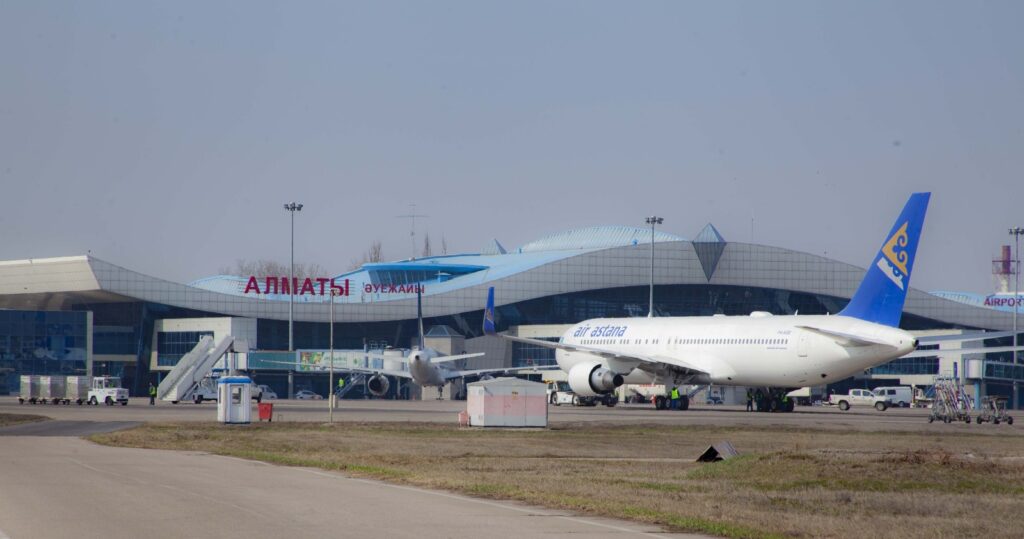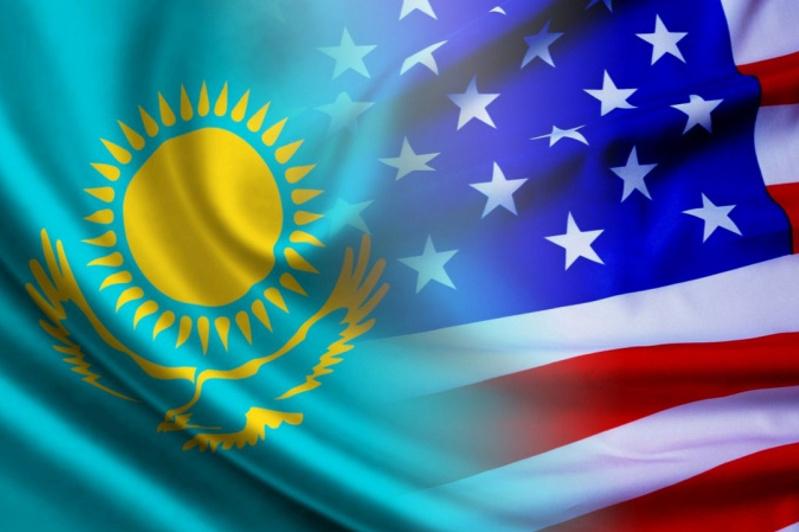President Tokayev Calls on Italian Businesses to Invest in Kazakhstan
The President of Kazakhstan, Kassym-Jomart Tokayev on January 18th paid an official visit to Italy, holding talks with Prime Minister, Giorgia Meloni. During the discussion, Tokayev stated that Kazakhstan and Italy maintain a wide-ranging political dialogue and have established close economic cooperation, as well as fruitful cultural and humanitarian ties, his press service reported. “We are proud to be Italy's main partner in Central Asia. Our economic cooperation is developing dynamically and has enormous potential for further growth,” Tokayev said. Italy is among the largest investors in Kazakhstan’s economy, with trade turnover between the two countries amounting to approximately $15 billion, whilst direct foreign investment from Italy has reached $7.3 billion. More than 300 Italian companies currently operate in Kazakhstan, including such large investors as ENI, SDF Group, PetroValves, Maire Tecnimont, IVECO, and Tenaris. Meloni confirmed Italy’s commitment to developing contacts with Kazakhstan, stating that “We consider your visit an excellent opportunity to further strengthen Kazakh-Italian relations.” During the talks, the leaders focused on deepening cooperation in the spheres of trade, economy, investment, energy, transport and logistics, agriculture, culture, humanitarian, education spheres, and green energy. In their joint statement, Tokayev and Meloni noted the launch of major transport and connectivity initiatives in Central Asia, particularly those related to the development of the Trans-Caspian International Transport Route. They also emphasized the importance of holding the Central Asia + Italy format meeting in Rome later in 2024, and in Kazakhstan in 2025. As part of the visit, an agreement was signed between the Kazakh Samruk-Kazyna Fund and the Italian group of companies, Cassa Depositi i Prestiti on the creation of a joint investment fund and financing in manufacturing, energy and logistics, as well as a joint final investment decision between the Kazakh national oil and gas company, KazMunayGas, and the Italian company, ENI, on a joint project for the construction of a hybrid power plant (wind and solar) with a total capacity of 247 MW in Kazakhstan. On the same day, President Tokayev attended the Investment Roundtable, Kazakhstan-Italy, in Rome. Speaking to representatives of the Italian business community, Tokayev stated that the energy sector is the main area of economic cooperation between the two countries. “More than 80% of Kazakhstan’s oil is exported to Europe, which provides for about 10% of the EU’s needs. I would like to express my gratitude to Italy, a long-time and reliable energy partner of Kazakhstan. We highly appreciate the contribution of the Italian flagship company ENI to the economy of Kazakhstan. Kazakhstan provides ample opportunities in the field of oil and gas exploration. We implement the best global practices to discover significant deposits. We also invite Italian companies to participate in servicing the oil and gas industry,” the President said. Tokayev also called on Italian businesses to cooperate in the extraction and processing of critical raw materials. “According to World Bank estimates, there are more than 5,000 undiscovered deposits in Kazakhstan worth over 46 trillion dollars. Today, we already produce 19 of the 34 most important...
